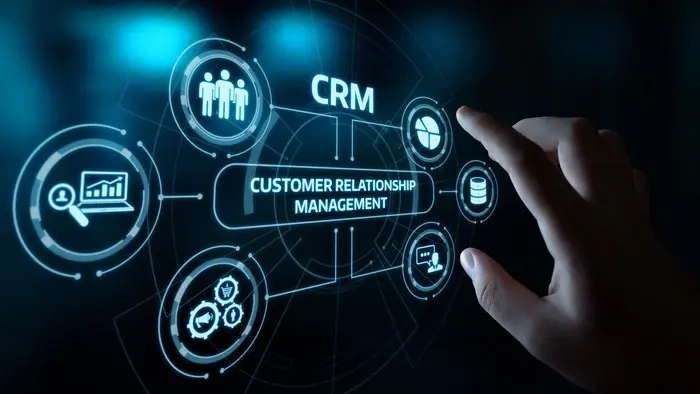Your CRM is Your Club’s Competitive Edge
Let’s be honest—would you play 18 holes with just a putter? Of course not. But when you manage your membership pipeline without a sales-focused CRM,...
A customer relationship management (CRM) tool is valuable for any organization that has prospects or customers you need to keep track of. It can be a powerful sales enablement tool that helps streamline communications within your team and with your prospects and customers. Additionally, a CRM can provide powerful data and analytics to help you make informed decisions and plan for future growth.
Finding the right CRM for your organization can be difficult, mostly because it's confusing when trying to figure out what is best and most affordable. While no CRM is one-size-fits-all, your CRM should provide you with these 4 basic functions.
A CRM should work as a sales enablement tool, allowing your team to easily and effectively track their emails, calls, meetings, and follow-up activities. Does your team rely on their notepad? Calendar? Spreadsheet? If so, there’s a better way that’s more reliable and when implemented, can save time. While each salesperson may have their preferred method of keeping track of their prospects, their preference should not dictate the overall process. Differing processes can create confusion, lack of accountability, and skewed data.
Your CRM should enable your team to seamlessly track all communications to prospects and customers. Having automatic email tracking capabilities that are then stored in your CRM allows your team to have a full picture of what’s happening with their contacts. The more knowledge of a contact, prospect, or customer, the smarter the sales outreach. Knowing what actions have taken place by the contact and by those on your team enables more personalized follow-ups. And personalized follow-ups are more and more important with 72% of consumers only engaging with personalized content. This can be applied to both sales and marketing.
One of the key tools your CRM should provide is the ability to identify the “hottest” leads, or sales-ready leads. Having this information is key to maximizing your sales team’s time. You likely don’t want your team spending their time reaching out to people who have not indicated they are sales-ready, especially if sales-ready contacts are sitting on the sidelines. A salesperson’s time is likely best spent focused on the top sales opportunities while “colder” or not sales-ready leads can continue to be nurtured by marketing until they’re ready for sales. A CRM can be customized to deem a prospect as “sales-ready” or “hot” based on the criteria you set, allowing for a more seamless process.
Perhaps one of the most important features your CRM should do for you is to provide visibility into the health of your sales pipeline. Do you know what your organization is likely going to sell 90 days from now? How about this month? If not, you’re flying blind, and making decisions without this data can be a risky business move.
Instead, a CRM can give your sales leaders insights into what’s projected to close and the associated revenue, which makes future planning possible. This shifts leadership’s focus from reactive to proactive, allowing them to foresee potential areas of concern before they arise.
While these 4 basic CRM functions are a great starting point, make sure you take into consideration not only where you’re at now but where you want to be in the future. Remember, like any tool, a CRM is only as good as what you put into it. It’s important to develop a lead management process that’s shared and followed by all to get the most out of your CRM.

Let’s be honest—would you play 18 holes with just a putter? Of course not. But when you manage your membership pipeline without a sales-focused CRM,...

We get it–we love the no-nonsense simplicity of Excel as much as the next person, but if your sales team is still relying on cumbersome spreadsheets...

We live in a data-driven world. Most marketers today could tell you which website pages get the most views, how much time the average visitor spends...